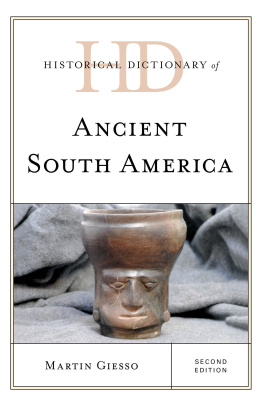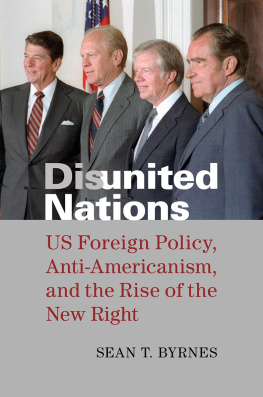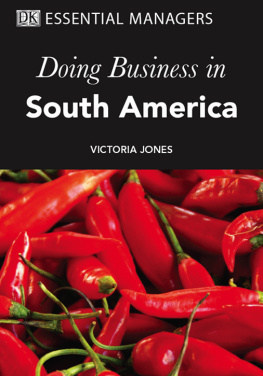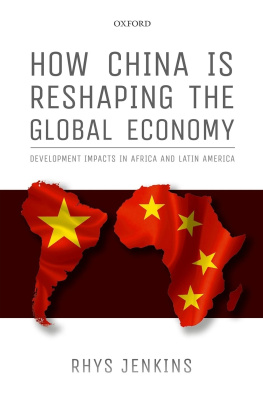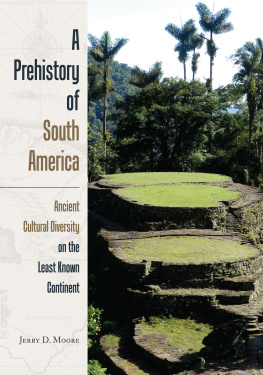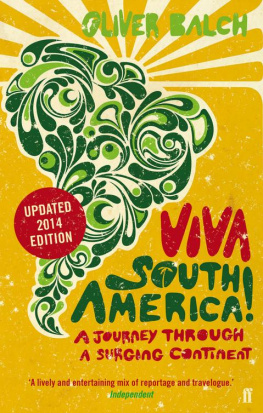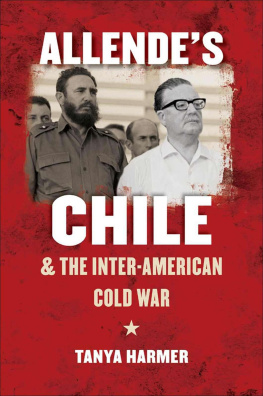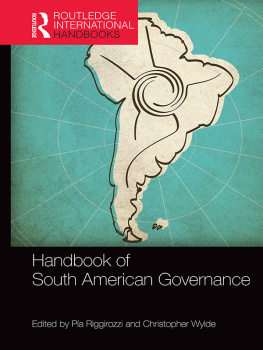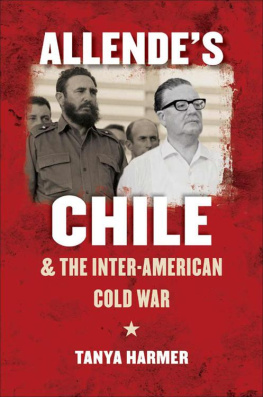First published in 1931 by George Allen & Unwin Ltd.
This edition first published in 2018 by Routledge
2 Park Square, Milton Park, Abingdon, Oxon, OX14 4RN
and by Routledge
711 Third Avenue, New York, NY 10017
Routledge is an imprint of the Taylor & Francis Group, an informa business
1931 Taylor & Francis
All rights reserved. No part of this book may be reprinted or reproduced or utilised in any form or by any electronic, mechanical, or other means, now known or hereafter invented, including photocopying and recording, or in any information storage or retrieval system, without permission in writing from the publishers.
Publishers Note
The publisher has gone to great lengths to ensure the quality of this reprint but points out that some imperfections in the original copies may be apparent.
Disclaimer
The publisher has made every effort to trace copyright holders and welcomes correspondence from those they have been unable to contact.
A Library of Congress record exists under ISBN: 31028475
ISBN 13: 978-1-138-55142-8 (hbk)
ISBN 13: 978-1-138-56713-9 (pbk)
ISBN 13: 978-1-315-12406-3 (ebk)
THE STRUGGLE FOR SOUTH AMERICA
THE STRUGGLE
FOR SOUTH AMERICA
ECONOMY AND IDEOLOGY
by
J. F. NORMANO
WITH AN INTRODUCTION
by
CLARENCE H. HARING
Professor of Latin-American History and Economics, Harvard University
A century ago the South American nations entered upon independent statehood at a period in their social development when they were peculiarly devoid of the requisites for a genuine national life. Methods of industry were antiquated, trade was backward, communications were inadequate or non-existent. The population was sparse, and generally scattered in isolated communities, separated by mountains or by great open spaces, where conditions of life were primitive, education was meagre, and the mental horizon bounded by the Indian or the desert. These peoples had achieved political independence, but economically they remained in the status of a colony.
Accustomed to the military government of a viceroy and to the absolutism of a distant king, they had had no experience whatever in self-governmentsuch as was vouchsafed to the English colonists in Americaand no tradition of popular control. Their democratic and republican constitutions were theoretical performances, foreign abstractions, the work of well-meaning doctrinaires, who wanted to create for the new patria an ideally perfect government, regardless of any considerations of its adaptability to local needs. Their common characteristic was a nave faith in the written instrument to work political and social miracles.
As a spirit of public service had never had opportunity to develop, the device of majority rule was not understood, and political and religious intolerance were unchecked. In the newfound equality each leader was as good as his fellow, and convinced of his special capacity to manage the State. Governments in consequence became the prey of ambitious generals and politicians, public finance was erratic, and revolutions were frequent. Constitutions, it is true, were lengthy and numerous, but politics were at best a scramble for personal power.
These countries needed everything: capital, immigrants, example, and advice. And what they received came in those days mostly from Europe, and in the beginning especially from Great Britain. England continued till the close of the nineteenth century to enjoy a commercial and financial preponderance in the markets south of Mexico, and a certain political leadership as well.
Yet to Europeans generally, as to North Americans, the southern continent remained an uncharted area, on the fringe of civilization, a source of the raw materials of industry and a stage for opra bouffe governments. The average man was scarcely aware that these peoples existed, except when he took a flyer in South American bonds or mining securities, and lost! He certainly had the vaguest idea of South American political geography.
By the first decade of the present century the scene had wholly changed. Brazil, Chile, and Argentina had attained to a degree of political stability and economic progress that compared favourably with conditions in the Latin nations of Europe. Uruguay followed closely after, and more recently Colombia. Railways and other public utilities had been constructed with foreign aid, at a time when the export of European capital was becoming an increasingly spectacular feature of international relations. Continental nations began to compete actively for the South American markets, and Great Britain saw her pre-eminence seriously challenged by the banks, shipping lines, and export houses of Germany. After the Spanish-American War the United States emerged as a world power, and began to reach out beyond Mexico and the Caribbean for the trade of more distant republics. The circumstances of the World War only hastened its evolution as an exporter of goods and capital, a development which in any case was inevitable. For a time North America possessed a virtual monopoly of South American markets. After the War, as the European belligerents recovered from their extreme prostration, they were bound to come back and seek again the patronage of their former customers. An intense economic rivalry has ensued, a drive on a new western front to recover the ground lost to the Yankee. The British Industrial Exposition in Buenos Aires is its most recent and notable manifestation. Latin-American Institutes have been organized in Germany, France, and England, to serve as centres of geographical and historical research, but also to train future salesmen in the language, history, literature, and economy of the South American nations. Spain has conjured up the ideal of Pan-Hispanic cultural union as a cloak for her ambitions to recover economic and even political leadership among her former subject provinces. France and Italy, with analogous aims, play up the broader cultural issue of Pan-Latinism. England sends the heir to the throne as a sort of super-salesman, to recall to Chileans and Argentines the traditional bonds that have allied them with the merchants and bankers of Britain. And in all of these drives commercial and intellectual Europe has not been unaware of the advantages derived from he persistence of that spectral Peligro Yanqui, conjured up in the minds of many Latin Americans by recent interventions in some of the more backward and irresponsible republics about the Caribbean Sea.
Dr. Normano possesses peculiar qualifications for handling the problems involved in this intense international competition for commercial and financial leadership in the South American continent. Born a Brazilian, but trained in the best schools of economic thought abroad, long a resident in Europe and in the United States, he approaches with detachment, and yet with sympathetic understanding, the issues, psychological and economic, involved in the attitude both of the seducers and of the courted. He analyses the relations between the Latin-American trade and investments of the United States and the new economy of mass-production of which the United States is the chief exemplar; he directs our attention to Cuba as a republic in which the impact of diverse cultures and economic forces may ultimately reveal a friendly and satisfactory solution; and he has much of significance to suggest regarding the future. It is a pleasure to contribute these introductory words to his brilliant and stimulating study.


